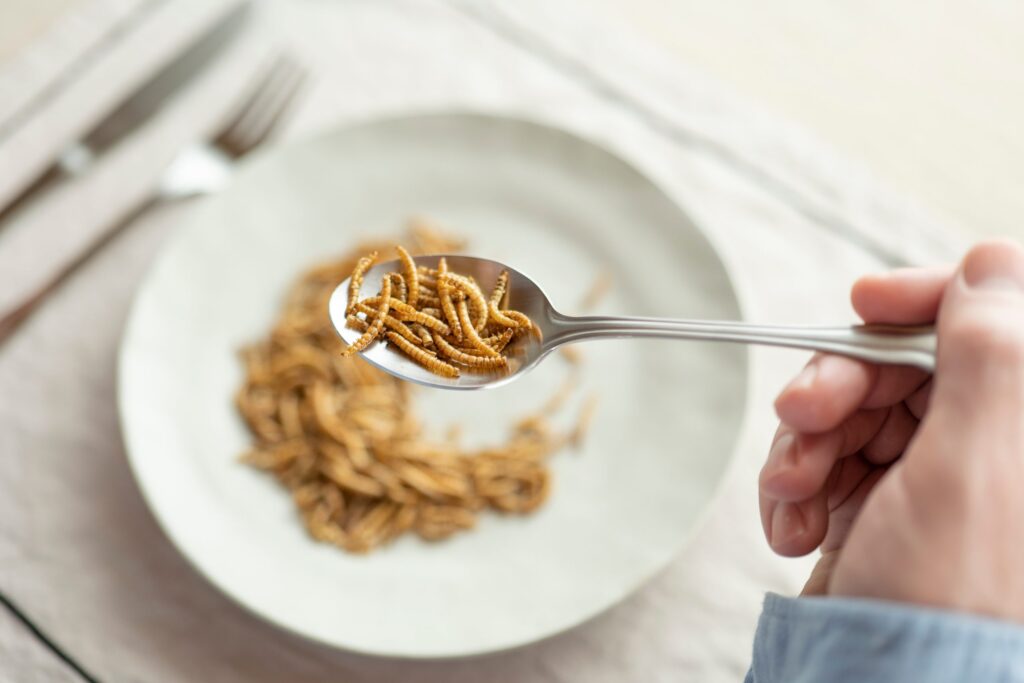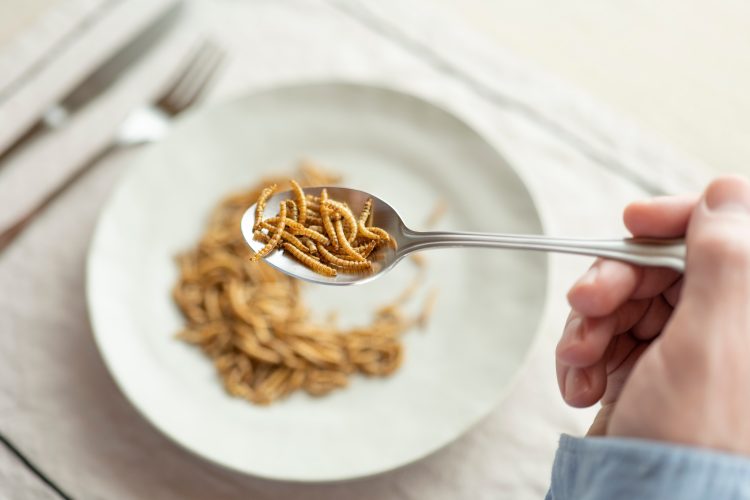Mealworm Protein study shows promise for sustainable future

In a groundbreaking new study, The Journal of Food Science compared four different methods for extracting mealworm protein.


In a study conducted by Korea University in Seoul, the research examined Mealworms, which were first recognised as a novel food by the European Union in 2015. As traditional livestock farming poses increasing environmental challenges, edible insects have emerged as a promising solution and alternative protein. Rich in protein and with a small carbon footprint, mealworms are seen as a promising option for sustainable food production. Maximising nutritional value and industrial scalability were at the core of the research when comparing new methods.
The four protein extraction methods compared: alkali, salt, enzyme, and screw press. Each method showed unique advantages, making them suitable for various applications in food production.
Extraction methods at a glance:
- Alkali Extraction: Boosting Protein Content Alkali extraction uses an alkaline solution to significantly boost protein content, making it ideal for producing high-protein concentrates. These concentrates are crucial for creating protein-rich foods like meat substitutes and protein bars, which are increasingly in demand.
- Enzyme Treatment: Enhancing Nutritional Value and Antioxidant Capacity The enzyme treatment method not only enhances the nutritional value of the extracted mealworm protein but also increases its antioxidant capacity. Antioxidants play a vital role in neutralising harmful free radicals, which can potentially reduce the risk of chronic diseases such as heart disease and cancer. This method could be utilised to produce proteins with added health benefits, appealing to consumers seeking functional foods that contribute to long-term health.
- Salt-Assisted Extraction: Anti-Inflammatory Benefits Salt-assisted extraction was found to exhibit anti-inflammatory effects. Given that inflammation is a common factor in many chronic diseases, including arthritis and cardiovascular conditions, developing proteins with anti-inflammatory properties could significantly contribute to creating foods that help manage or prevent these conditions. Furthermore, by targeting inflammation, these mealworm proteins could enhance the overall effectiveness of dietary interventions aimed at improving long-term health.
- Screw Press Extraction: Preserving Bioactive Compounds Screw press extraction is effective at preserving bioactive compounds. These compounds are natural chemicals in foods that have beneficial effects on health. Preserving them is essential for maintaining the nutritional integrity of the protein. This makes screw press protein extraction a valuable tool in sustainable protein production.
Notably, the enzyme and salt extraction methods produced protein concentrates with anti-diabetic properties. This opens fresh avenues for functional food development to manage or prevent diabetes. Lead researcher Dr Yookyung Kim proposes applying these methods to other edible insects. This exciting possibility could provide a viable alternative to traditional protein sources.
Source: newfoodmagazine.com

